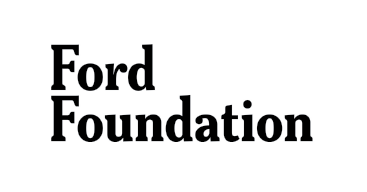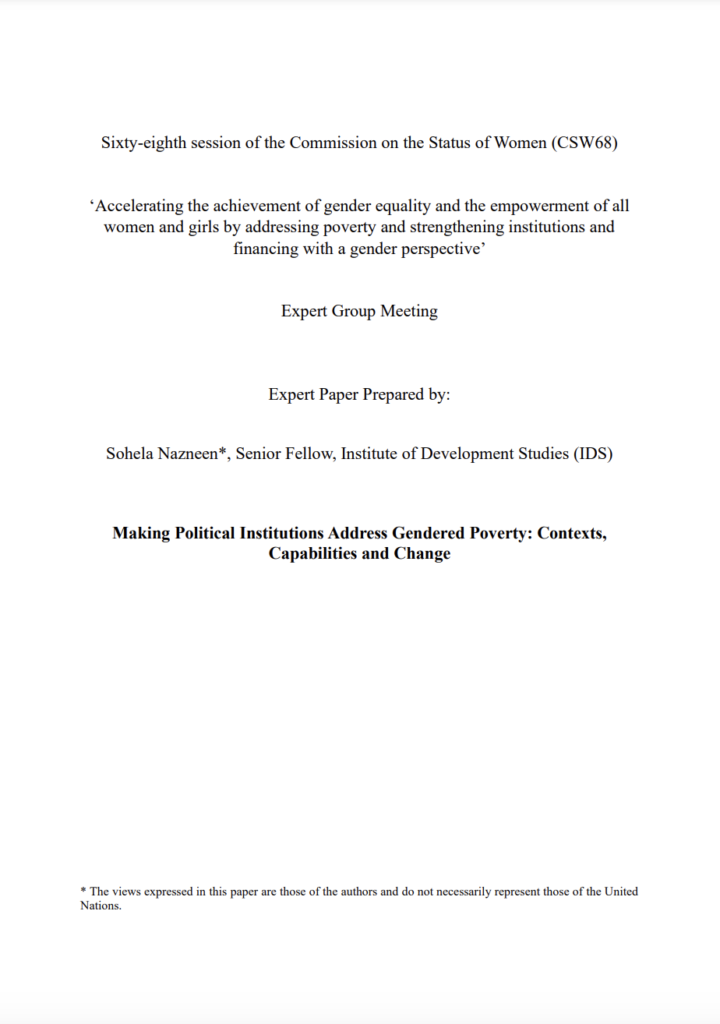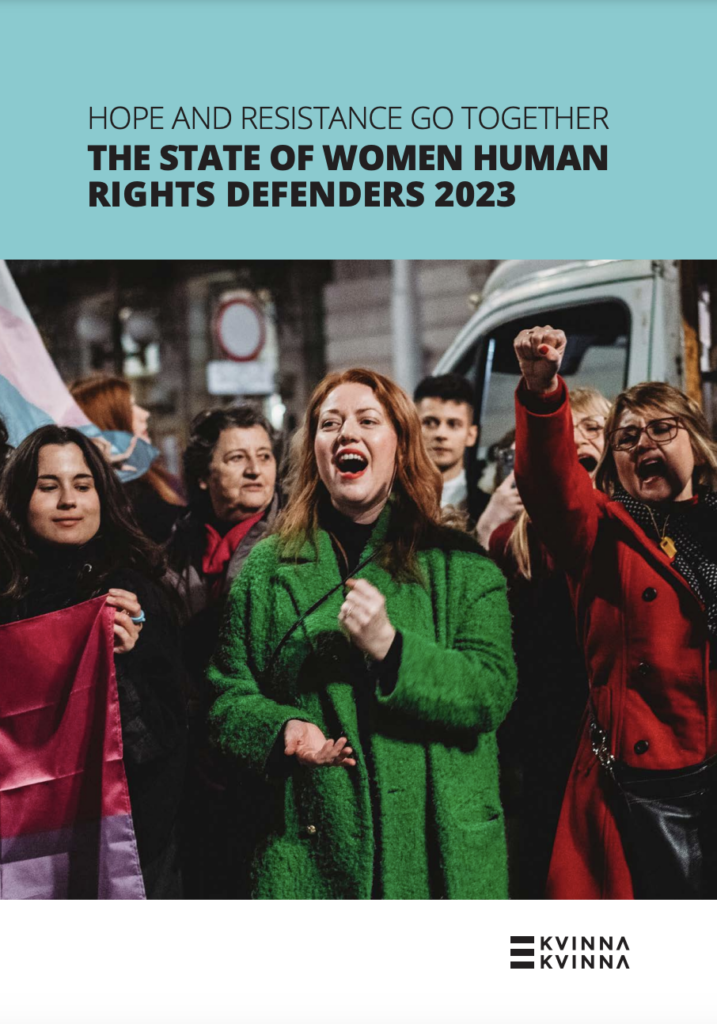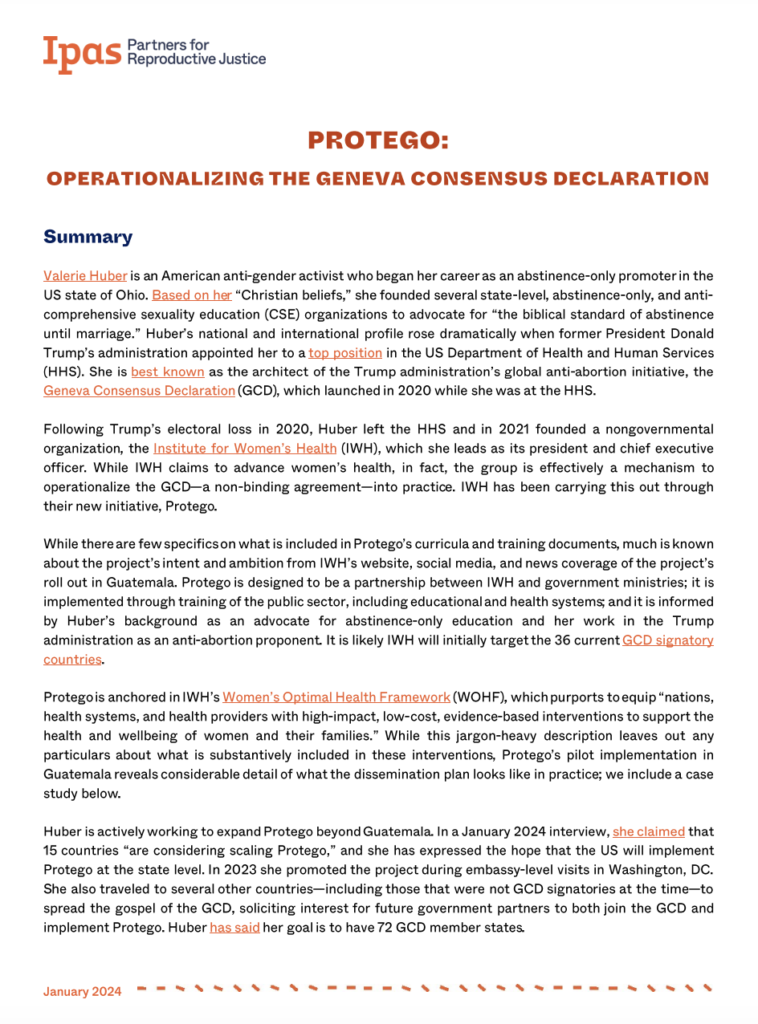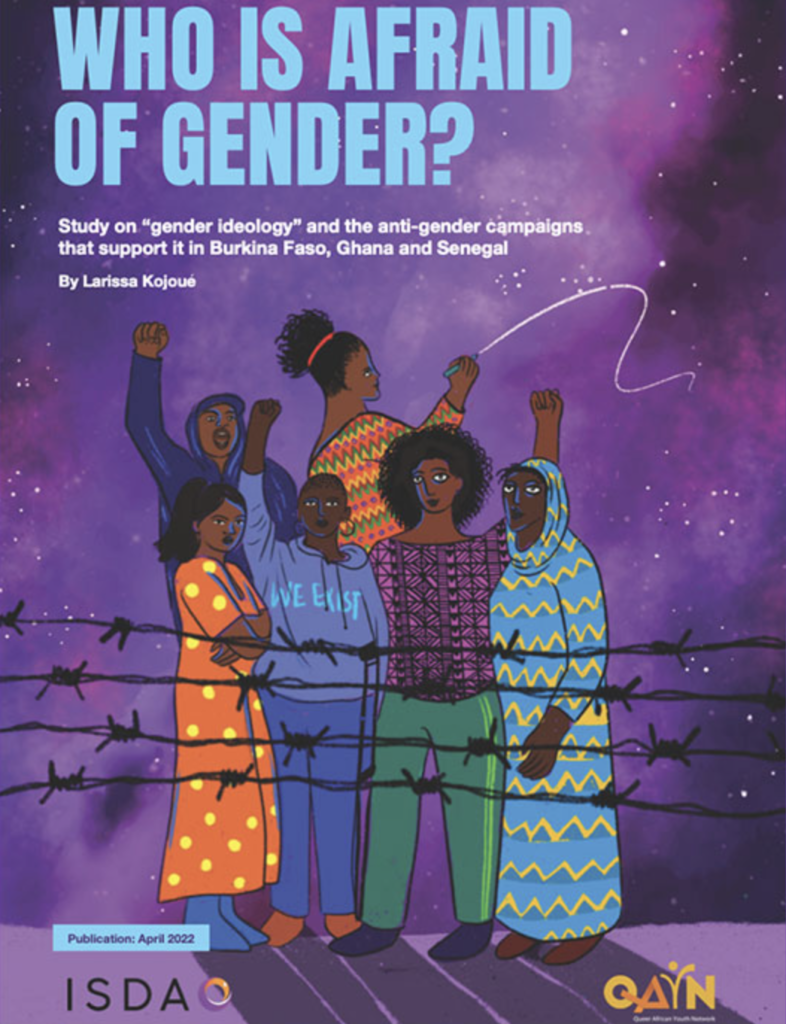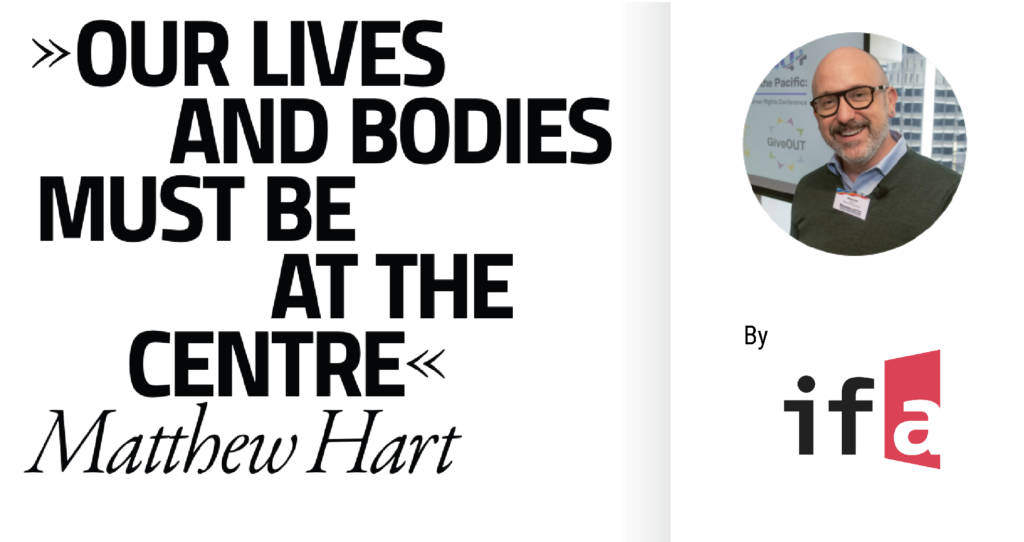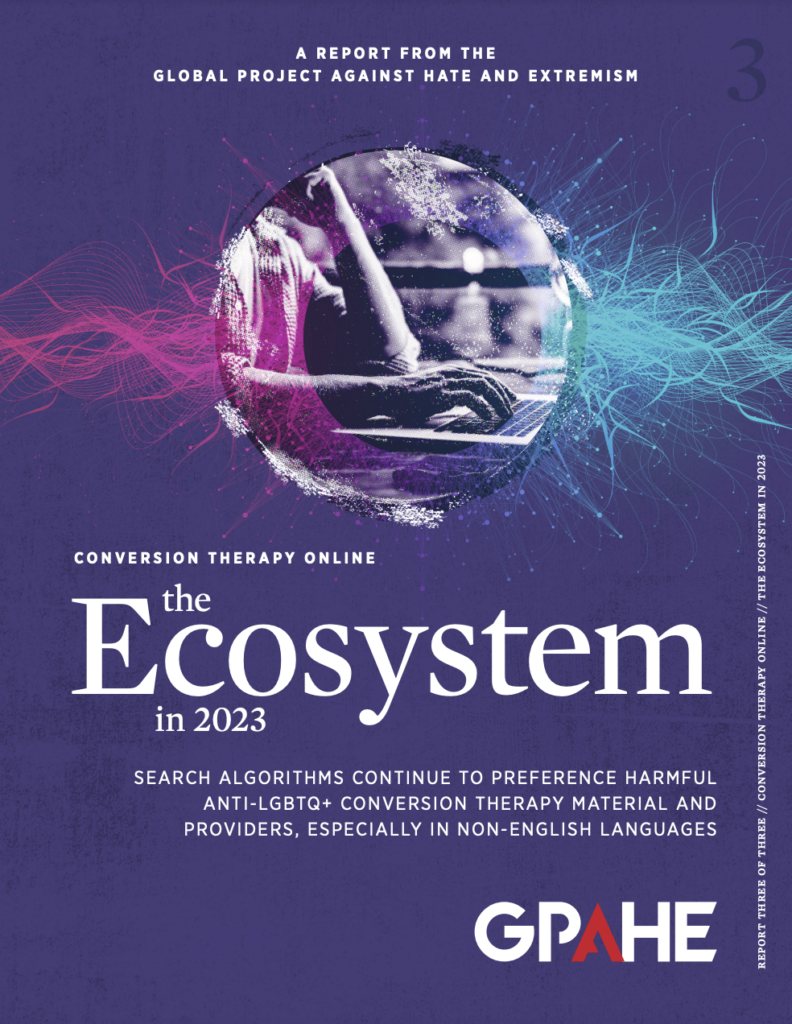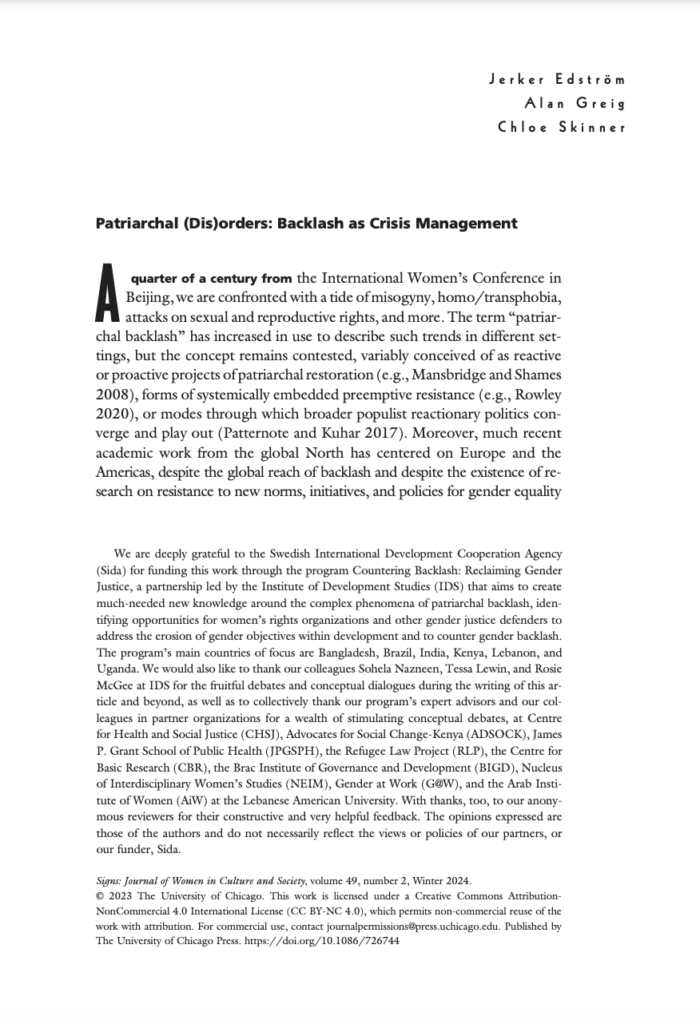Institute of Development Studies
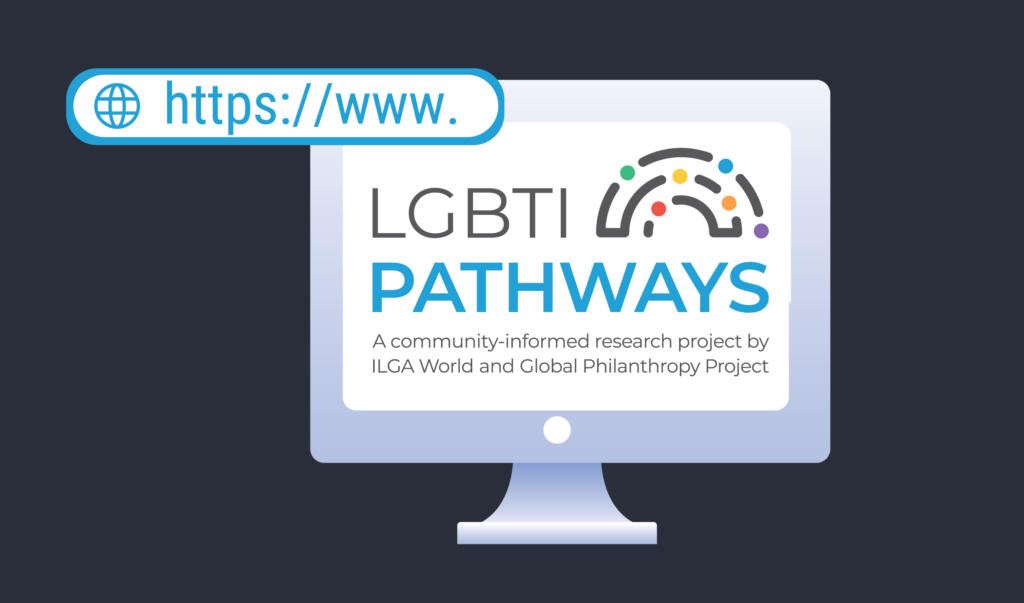
In the face of a growing surge of misogyny and gender violence worldwide, terms such as “patriarchal backlash” are increasingly used to depict similar patterns in various contexts. However, the concept of backlash is subject to debate, being perceived variably as an expression of male resistance, a restoration of patriarchy, or a platform for broader reactionary politics. Acknowledging the predominant focus of recent academic literature on backlash in Europe and the Americas, we delve into a wider array of discussions, aiming to comprehend backlash within a global framework. We propose that backlash can be interpreted as a response to crises, a convergence of political, economic, climate, and pandemic challenges that disrupt hierarchical social relations, endangering the perpetuation of elite rule and capitalist expansion.
As Françoise Vergès notes, governments aspire to shape docile, domesticated, and privatized lives, and patriarchal backlash seeks to reinstate order by implementing spatial fixes in the personal realm of the gendered body, the confined space of the traditional family, and the delineated, structured space of the ethnically imagined nation. Amid a palpable sense of crisis and resulting ontological insecurity, hierarchies are solidified through appeals to a naturalized gender order, inherently shaped by racialized, neocolonial power dynamics operating within and across national borders. Recognizing the body, family, and nation as pivotal arenas of contention over discursive meaning and material resources, we identify them as crucial spaces to challenge backlash and its entrenchment of hierarchies.
